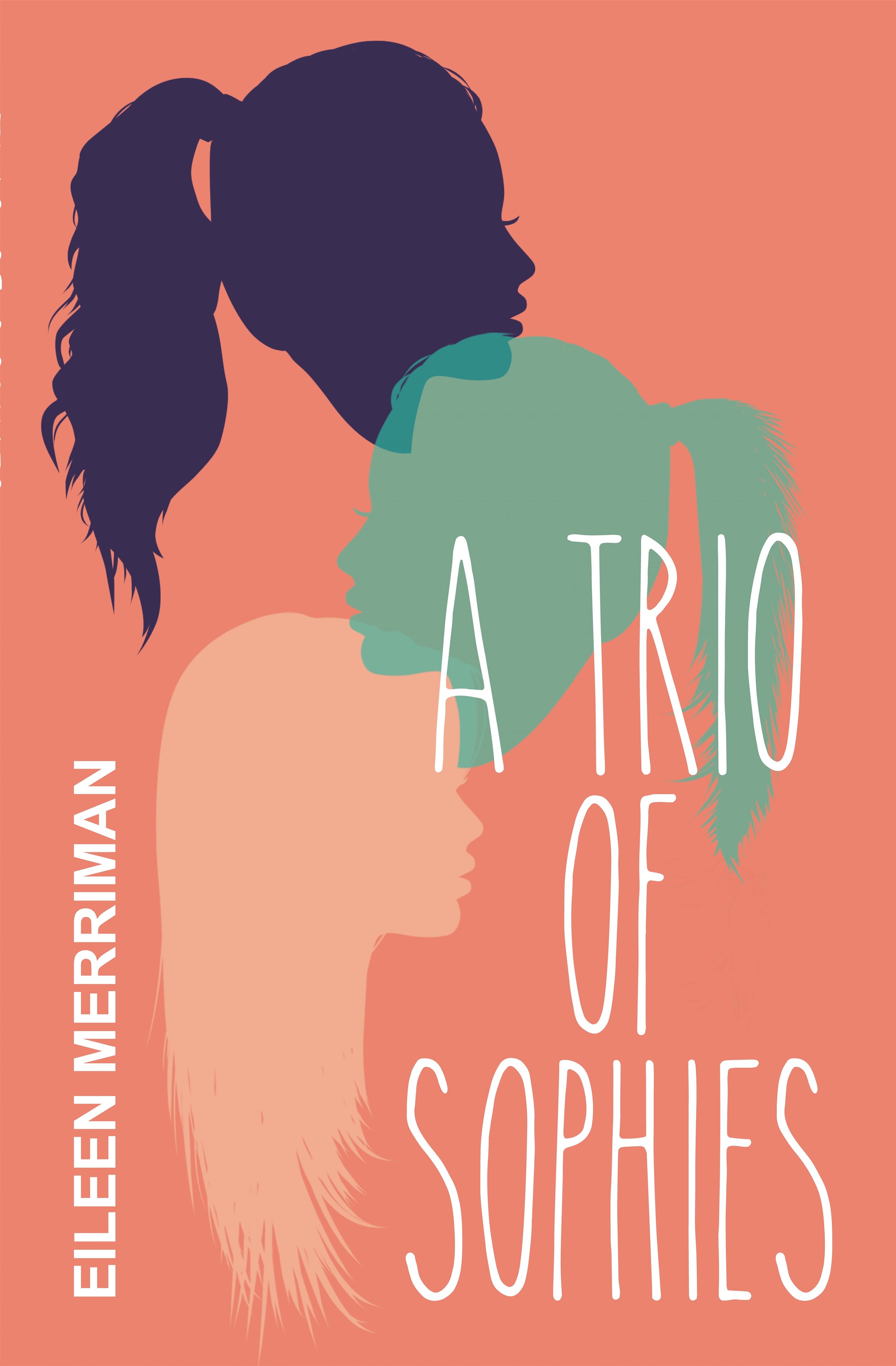This review was commissioned (in April 2020) and originally published by the Sunday Star-Times.
Eileen Merriman’s latest YA novel is pretty dark. It’s written for and about Kiwi teens but feels like it ought to have some of those “if you’ve been affected by the issues raised in this story…” freephone numbers at the end.
A Trio of Sophies is a murder mystery set in Tāmaki Makaurau about three high school friends all called Sophie: Sophie Abercrombie, who has gone missing; Sophie Twiggs; and Sophie MacKenzie aka Mac, the narrator. Their ethnicities are not explicitly stated but, given that whiteness is culturally assumed ‘normal’ in Aotearoa, it seems safe to say they’re Pākehā. The entire pukapuka is written as a series of Mac’s diary entries, so everything we know – or think we know – is filtered through Mac’s consciousness.
It becomes clear quite early on who the murderer is, so this is more of a howdunnit than the classic whodunnit. Merriman ramps up the narrative tension through an unusual three-part structure. Part one, which comprises about four-fifths of the pukapuka, counts down from day 64 after Sophie A went missing to day zero. Part two takes the story up again at day 65, and part three is set the following year. The very last page has an excellent twist.
The main drama stems from Mac’s slow realisation that her boyfriend James is abusive. If you’ve ever wondered why the victims in such relationships don’t just leave, this is a good illustration of how the abuser twists the intensity of sexual chemistry into a series of excuses for physical violence. James’ refrain of “no one will ever love you like I do” becomes increasingly creepy as Mac’s eyes are opened to his true nature.
James is an English teacher at Mac’s school, which both makes their relationship even more abhorrent and gives Merriman an excuse to make a series of nods and winks to her own craft. James and Mac discuss narrative structure, and Mac not only writes an English essay on unreliable narrators but also comments repeatedly on her own unreliability as a diarist: “Memory is fallible, and malleable.” It’s a bit heavy-handed and I was half expecting Merriman to somehow use the NCEA English curriculum to bring Mac to the realisation that teacher-student relationships are inherently abusive. But the creeping tension of the plot meant I was turning pages too fast to worry that much about it.
The immersiveness of Merriman’s writing makes A Trio of Sophies a good escapist read for lockdown – well, apart from the bit where Mac gets the flu and doesn’t self-isolate. What a bad citizen! In fact I found Mac pretty unlikeable overall. She cheats at school, is a bad friend, and is generally tiresome – plus I could have really done without the fat shaming. But she doesn’t deserve what James does to her.
Merriman is one of our finest YA novelists and this pukapuka will be available from school libraries around Aotearoa. If you see one of your teens reading it, perhaps use it as a starting point to kōrero about bodily autonomy, power dynamics and consent. No one should be a Mac.

